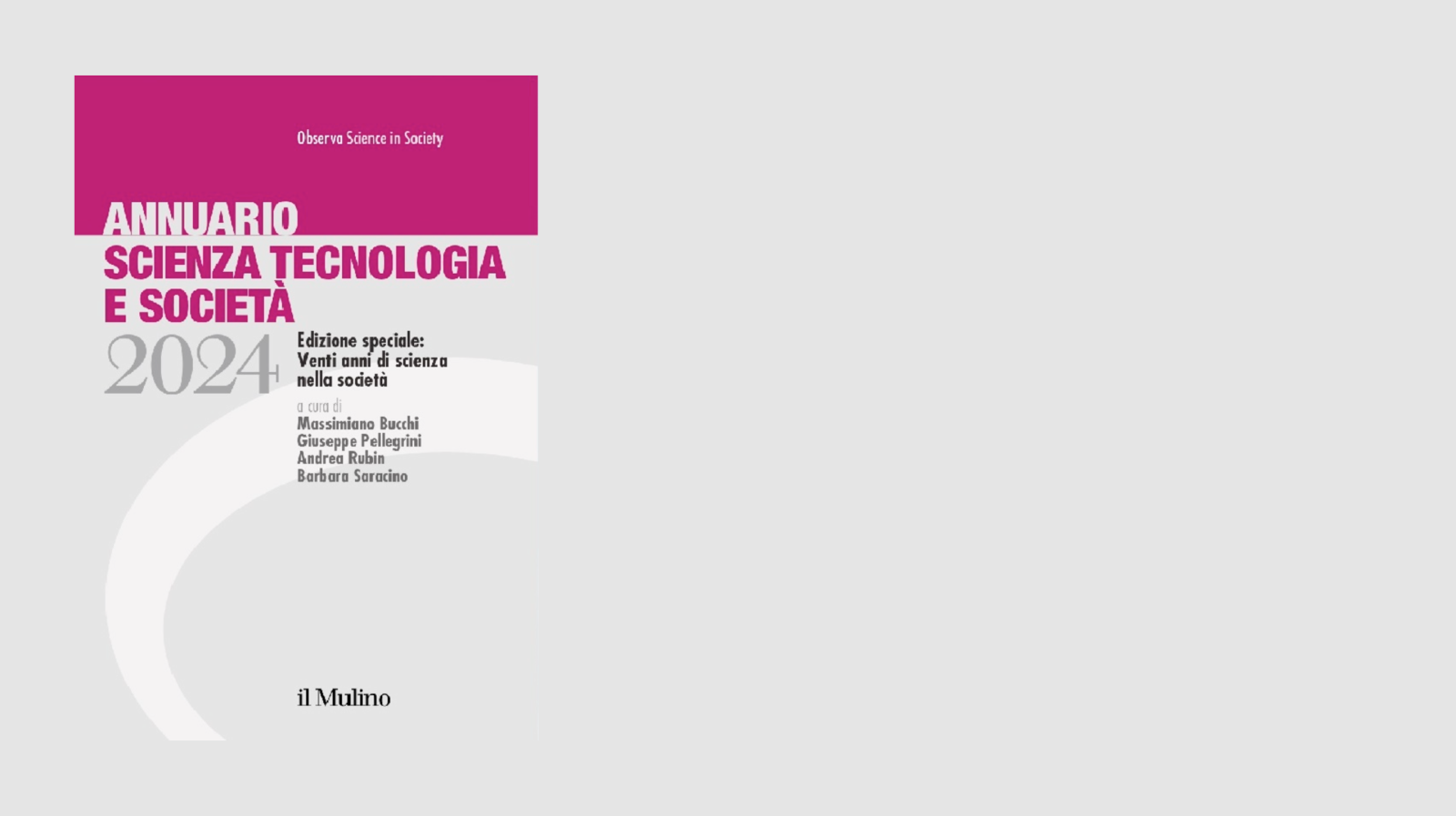Surpassed only by the United States, China and Japan for R&D allocated funds, Germany has decided to raise the biddings and has pledged around 31.6 million dollar in the next 6 years to support specials research and higher education programmes. Germany, which celebrates the twentieth anniversary of the fall of the Berlin wall, is the most populous nation in Europe and the most important economy of the Old Continent, with 100 billion dollars spent every year in research and development. The funds for special programmes have remained constant even during the global financial crisis. Between 2005 and 2010, despite the recession and the rebalancing of the public budget, the grants allocated to the State Research Institutes grew annually of 4.7 percent.
The promises of Angela Merkel during the last political campaign have become reality and will be approved on the 11th of December. The political campaign itself, in 2013, marked a turning point. Whilst all parties disagreed on economy, foreign policy or welfare, they all agreed on one aspect: research and development. In their political programmes, the parties currently represented in the Parliament – among them the Green and the Left Party – definitely assumed a pro-science stance. All of them, for example, stated the importance of energetic research as a priority for supporting Germany planned transition – known as Energiewende – from a non-nuclear to a low carbon emission system by means of renewable energetic sources.
The decision of increasing funds is also a necessity due to the important growth in registrations in German Universities. Currently, there are 2.6 million students over 300 German Universities, five times higher than in the past; the percentage of students within the reference age group passed from 5 percent to almost 40 percent. The new plan allows funding for 26,000 dollars per year per student. It will increase also the budget of DFG (German Research Foundation), principal national agency for university research funding. On 2015, DFG will receive in total around 3 billion dollar (increase of 5 percent) from federal and state governments for the support of research in any field of science and humanistic disciplines.
This increase will allow the agency to allocate a greater number of grants; despite regular budget increases, in fact, the percentage of grants funded by DFG has decreased from 42.5 percent to 31.3 percent from 2010. “We are very satisfied” declares Horst Hippler, President of the German Dean Conference. “The agreement is an important step for guarantying financial stability to our universities”. The increase of funds will not only favour universities, in fact important non-academic research organizations – like Max Plank Society, Fraunhofer Society, Leibniz Association and Helmholtz Association – will register yearly increases of about 3 percent (against inflation rates less than 1 percent), until 2020. Since 2005, the total budget of these four research bodies, which administer a total of 254 research institutes and big centres, has passed from 5 billion dollars to 7.9 billion.
Besides, the Council of Ministers has decided to prolong beyond 2017 the initiative “German Excellences” promoted by the Federal Government. This is a university competition to award excellence clusters and selected schools of specialisation. Universities can participate as a whole institution on the basis of their future projects for broadening research to maximum levels. In total around 2.7 billion euros have been allocated for improving German research. “This commitment is extremely important for the further development of the whole German research system, in particular for the universities” states the President of DFG, Peter Strohschneider on the first page of Nature.


